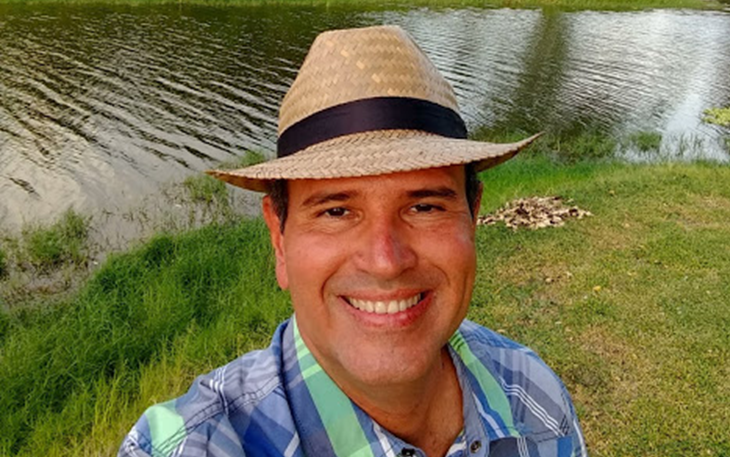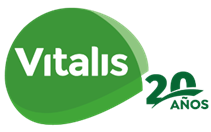Describe your organisation, its vision and mission?
Vitalis is a non-profit organisation created in Venezuela on August 13, 2000. Today, Vitalis has spread to various parts of the world, and already has sister organisations in other countries such as Vitalis Mexico, Vitalis Colombia, Vitalis USA and it has chapters in Costa Rica and Panama.
As a non-governmental organisation (NGO) we seek to position ourselves as a reference organisation in the development of environmental conservation programmes, a leader in the planning and execution of education, communication and professional training programmes in environmental sciences.
As the Executive Director, I seek to promote projects that benefit Venezuelans and that encourage and promote environmentally friendly solutions to those problems related to the unsustainable use of natural resources, such as water.
How long has Vitalis been a GWP Partner?
Vitalis is a member of GWP since 2005, and it is a founding member of GWP Venezuela, also known as AveAgua (Venezuelan Association for Water), which was created in July 2005 following the guidelines of the Technical Committee of GWP South America.
Vitalis joined GWP because we are aware that water management must be carried out in a participatory and intersectoral manner, involving all users, and we recognize the need for coordination and cooperation between public and private organisations, with interest and/or competence in integrated water management.
What are the benefits of being a GWP partner?
For Vitalis, being a member of GWP has allowed it to strengthen itself on Integrated Water Resources Management (IWRM) issues, through the facilitation and coordination of national and regional forums. In addition, it has been able to contribute to institutional synergies around the use of water resources. Also, we have a voice in forums at the national, regional and international level on issues related to water management. It has also been very beneficial to be able to participate in training spaces and exchange of knowledge, experience and best practices, among others.
Please share a challenge facing the management of water resources in your area of expertise.
There are different challenges faced in the management of water resources in Venezuela, but currently the main one is to involve a wide range of actors in its management, especially private companies, universities and academia, non-governmental organisations and communities. It is important to reestablish cooperation and work between the private, government, academic and NGO sectors.
As is known, the situation and relations with the State are totally closed. There are many actions that we must carry out without the cooperation of the Government. Statistics are practically non-existent and civil society has been forced to carry out its own measurements and studies.
Has the COVID-19 situation impacted your work?
It has allowed Vitalis to strengthen its staff in the use of digital communications tools, not only for their internal communications, but also to maintain and strengthen their external communications.
We have promoted and strengthened the digital platform, specifically the Virtual Campus, considering that for the next few months the situation will not improve, we have begun to provide training through this platform.
Are there any special projects or initiatives that you would like more widely known?
At Vitalis we are always evaluating the initiatives that are disclosed by GWP and GWP South America. We are also keeping an eye on all the projects that cover the IWRM area in the region. We appreciate this opportunity to recognize all the effort that GWP South America puts into the region. We know that the current situation has limited our actions, however we continue working towards the achievement of our objectives.


